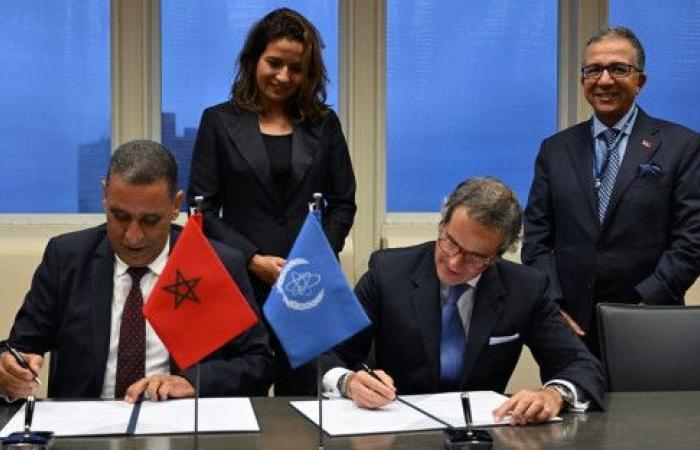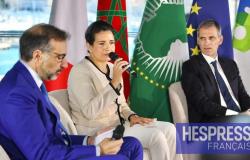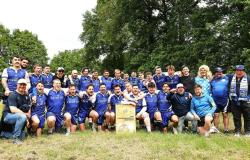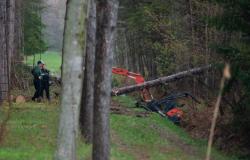Recognized as the AIAA collaborating center since 2015, the CNESTEN has established itself as a regional benchmark player in these areas, thanks to advanced infrastructure and recognized know-how. Through this cooperation, the Center has carried out eight national studies on the evaluation and management of water resources using nuclear techniques, updated isotopic and chemical databases covering more than 20 Moroccan basins, and participated in three coordinated research projects in the fields of water and agriculture.
With its expertise, the CNESTEN has also trained many African experts, by organizing more than 90 workshops and training in isotopic hydrology and in industrial applications. He also published more than 25 scientific articles, actively contributing to the development of knowledge and the strengthening of regional cooperation.
The most recent agreement was signed during the 68th General Conference of the AIEA in September 2024 and valid until 2029, revolves around two work plans. The first aims to promote the systematic use of isotopic hydrology tools at the national and regional level. To do this, the CNESTEN will develop cooperation agreements with partner institutes and will participate in international networks such as the GNIP (global network of isotopes in precipitation) and the Glowal (World Water Analysis Laboratory). He will also offer French training on analytical methods and geochemical and isotopic tools, as well as analysis services for AIA technical cooperation projects in Africa and the Middle East.
-The second work plan will support the Member States in the peaceful use of nuclear techniques in industry. It will include non -destructive tests, applications of radiation and sealed sources, with the aim of promoting safer and more environmentally friendly industrial practices, said the IEA press release.
Placed under the supervision of the Ministry of Energy Transition and Sustainable Development, the CNESTEN is recognized as a regional center of excellence by the AFRA agreement in several key areas. It has six analytical laboratories accredited according to the ISO/IEC 17025 standard, including the stable isotopes and tritium laboratories, and has been approved as a training and certification center in non -destructive trials by the Moroccan Confederation of Non -Destructive Tests.
This renewal of agreement with the IAEA will make it possible to consolidate national and regional technical skills, to promote peaceful applications of nuclear science, and to strengthen the position of Morocco as an African leader in this strategic field.








